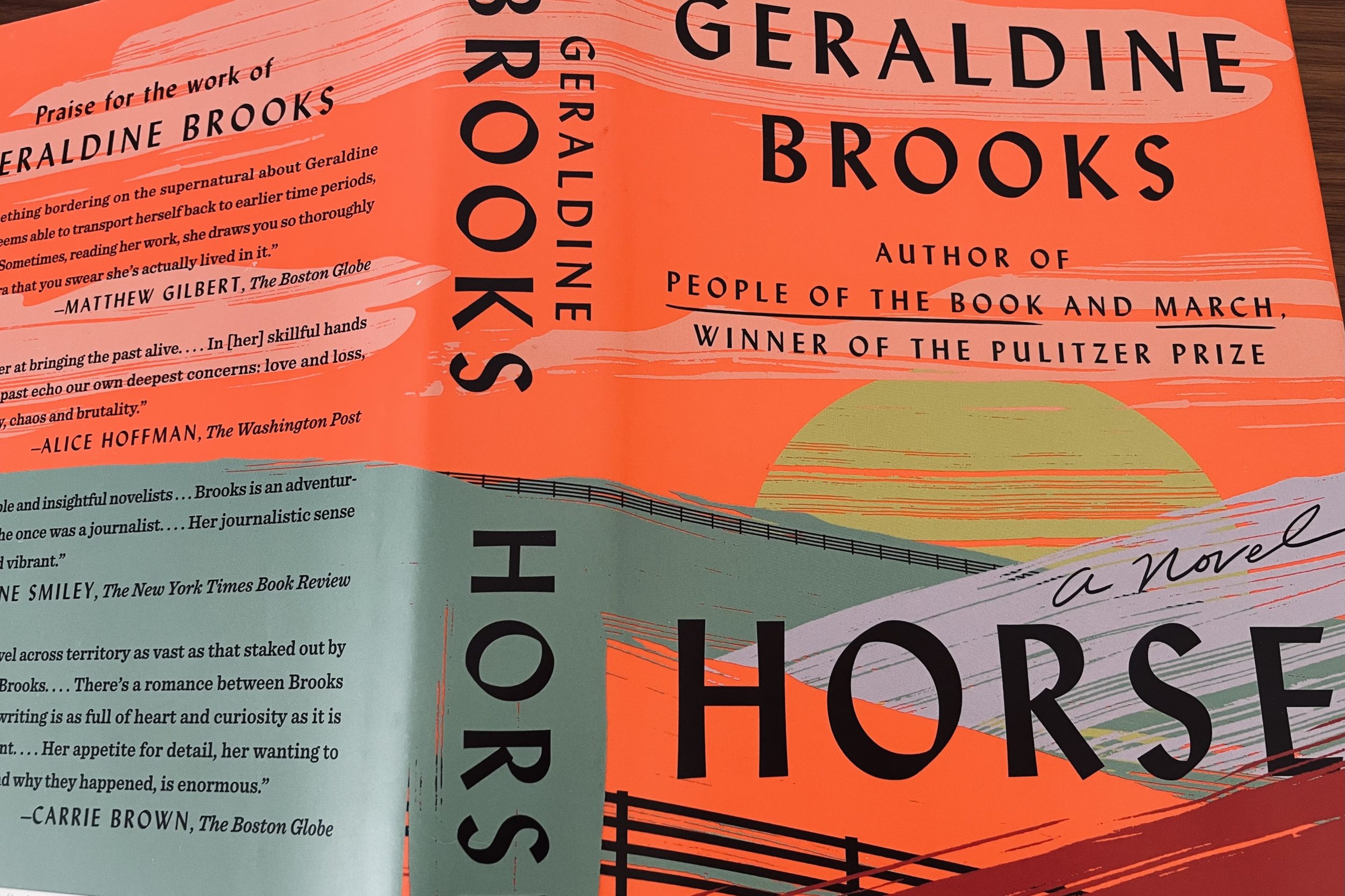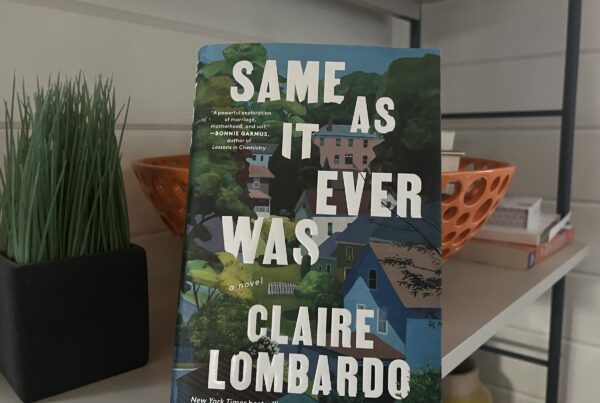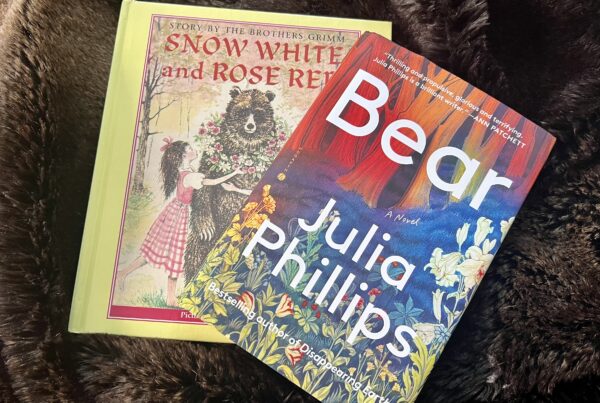When I was growing up, I had a few friends who were horse crazy. They seemed to speak a secret language, and from that language had forged an understanding about life and the world that I didn’t share. The horse-girls had long hair and long bodies, by coincidence or by affinity, I didn’t know. I had nothing against horses, but by not knowing about them, I couldn’t really know my friends – theirs was a world to which I had no door.
Reading Geraldine Brooks’ new novel Horse felt, to me anyway, like gaining entrance to a secret world – not exactly the one that my grade school friends occupied, but to the larger secret world of horses and horse racing.
Horse tells the stories of racing dreams, records, relationships, and bodies both forged and broken. The eponymous horse is Lexington, a real horse in American history that Brooks imagines was the equally prized possession of the different White men who owned him and Jarret, a fictional Black boy who cared for him.
Brooks uses paintings of Lexington to propel her plot forward into the 21st century, where Theo, a Nigerian-American Art History student in Washington, D. C., and Jess, a Smithsonian scientist specializing in articulating old bones, work together to understand the complete story of this horse and this boy. As if these narrative threads were not enough, Brooks pulls in yet another involving real-life art dealer Martha Jackson as the person who helped to bring a particular painting of Lexington into the present day.
Horse spares us what would have reasonably been harsh descriptions of the abuse and degradation that enslaved boys and men like Jarret endured, but regardless, we are well aware that at any time in Jarret’s story, he is one breath away from destruction. The novel’s relatively light touch regarding 19th century racism is drawn more heavily in the 21st, when Theo can’t outrun its long and brutal shadow.
Horse is a work of historical fiction that opens new worlds to readers – not only of horse racing in antebellum and post-Civil War America, but also of the fascinating and often painstaking work of researchers invested in restoring and deepening our understanding of our past and its lesser known heroes and heroines.




